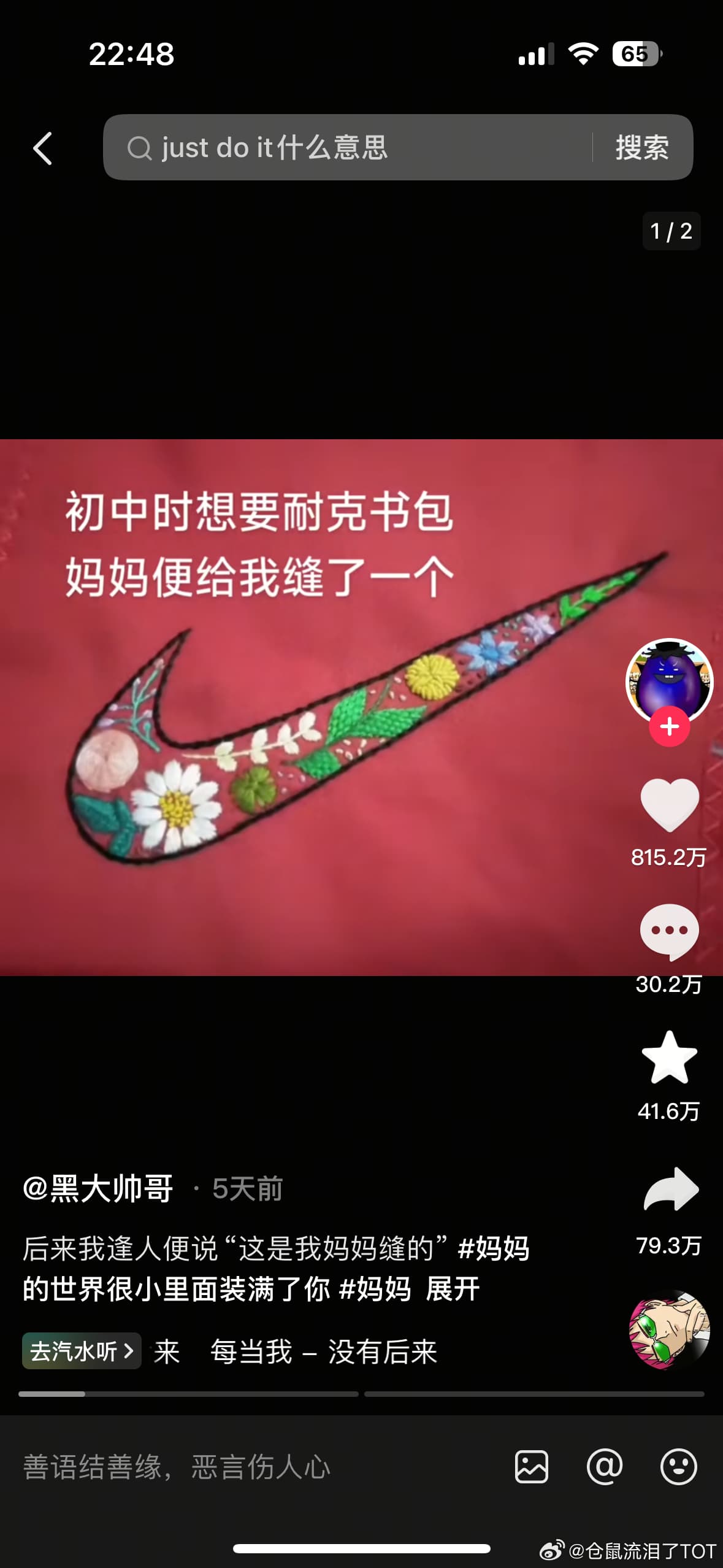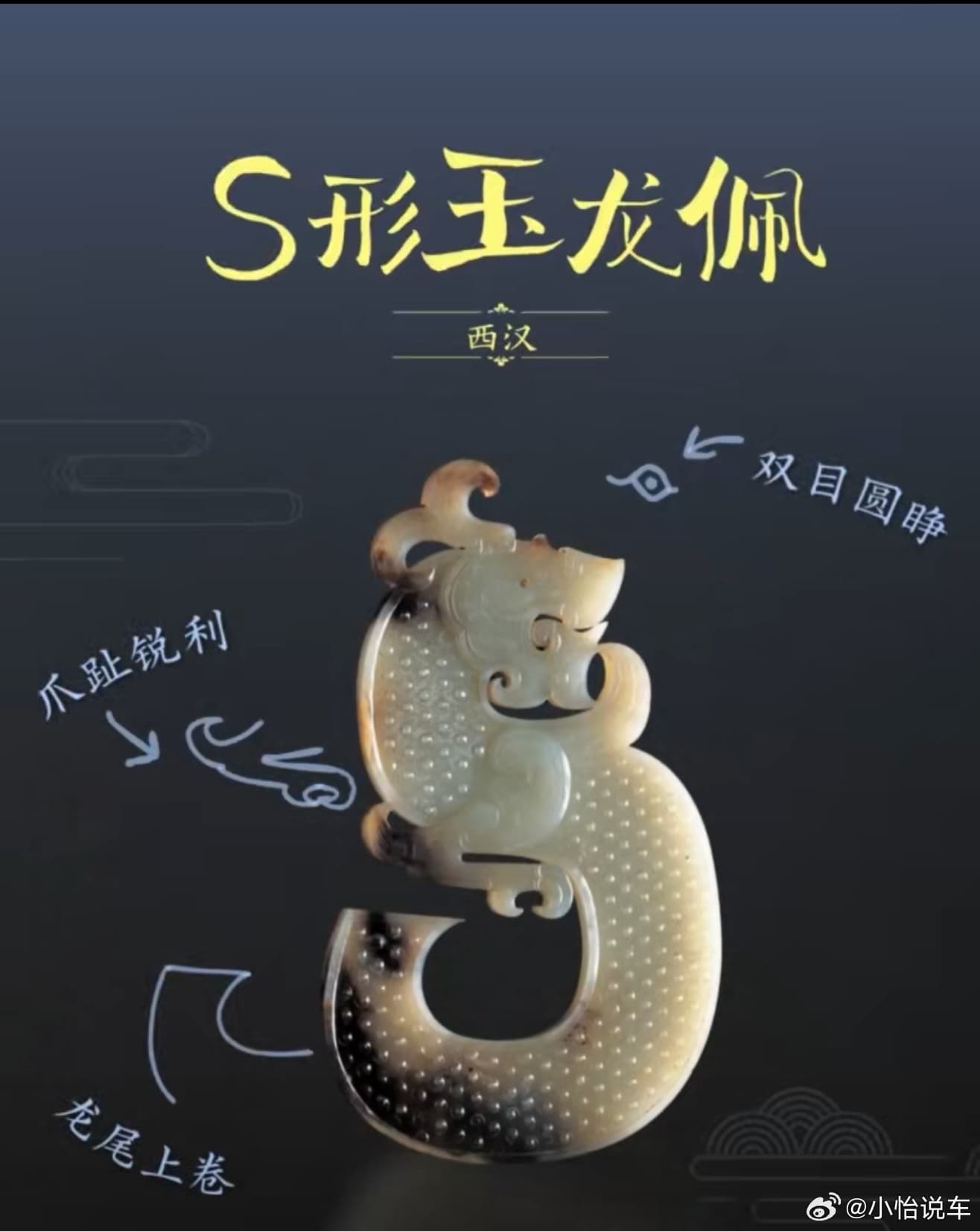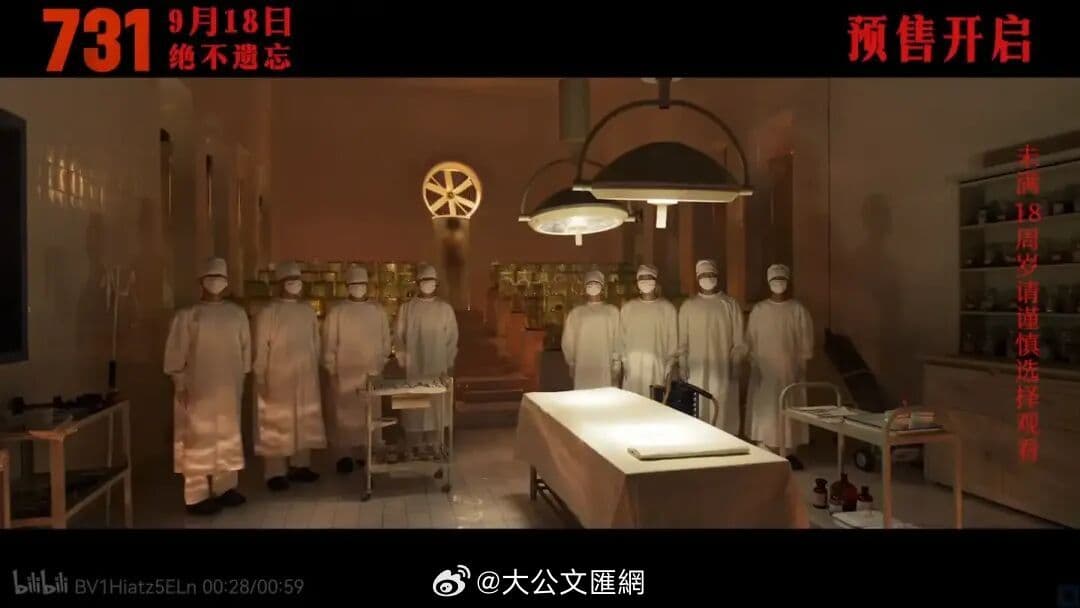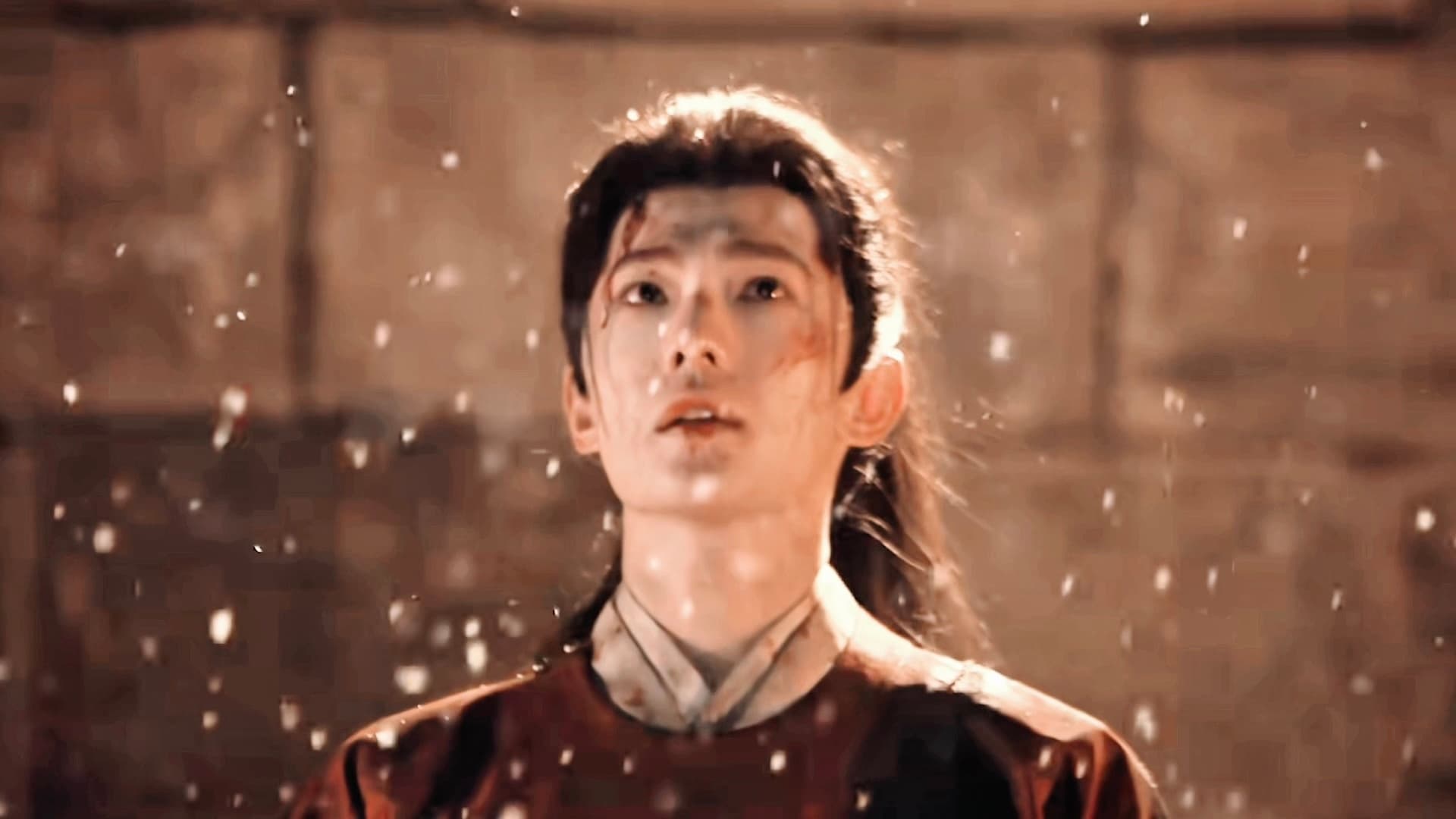The Decline of the Traditional 'Virtuous Wife and Good Mother' in Modern Chinese Society
The traditional role of "贤妻良母" (virtuous wife and good mother) is becoming increasingly less prevalent in modern Chinese society. This shift is a natural consequence of social progress and civilization. According to statistics, the gross enrollment rate of Chinese women in higher education has skyrocketed from 1.6% in 1978 to 58.4% in 2021, redefining the value system for women. Economically, the female labor participation rate has reached 61.5% (World Bank, 2022), making economic independence a reality and diminishing the need for dependent survival.

20 February 2025
Sociologist Ulrich Beck's "individualization" theory suggests that modern individuals are moving away from traditional family patterns and towards self-actualization. Demographic data shows that single-person households accounted for 16% of all households in 2023, reflecting the diversity of lifestyle choices. However, it is essential to acknowledge that this role transformation is accompanied by challenges: working mothers still spend an average of 2.5 hours more on household chores than fathers every day (National Bureau of Statistics, 2022), indicating that institutional support is necessary to achieve true equality.
The decline of the traditional "贤妻良母" role is a result of women's increasing participation in education and the workforce, leading to greater autonomy and independence. As women pursue their own goals and aspirations, the notion of a single, predefined role for women is becoming less relevant. Instead, women are embracing diverse roles and responsibilities, leading to a more complex and dynamic society. More and more women are embracing their independence and recognizing their self-worth, which in turn, enables them to strike a balance between their careers and family responsibilities. The traditional notion of a "good wife and mother" is being redefined, with many women no longer content to be confined to the home.
This transformation is a hallmark of societal progress, as women are now empowered to pursue their passions and interests beyond the realm of domestic duties. The idea that a woman's role is solely to manage the household and care for children is no longer tenable. Instead, women are seeking to establish their own identities and contribute to the world beyond their families. The notion that household chores and childcare are the sole responsibility of women is being challenged, and the modern concept of a "good family" emphasizes the importance of shared responsibilities and mutual support between partners.
A closer examination of the trends reveals that the decline of traditional notions of a "good wife and mother" can be attributed to several key factors, including the significant increase in the percentage of Chinese women pursuing higher education and the growing labor force participation rate among women. As a result, the necessity for women to rely on their spouses or families for financial support has diminished, empowering them to make choices that prioritize personal fulfillment. Sociological theories on individualization also support the notion that modern individuals are increasingly driven to pursue self-actualization, moving away from traditional expectations and embracing a more autonomous and self-directed approach to life.
As we reflect on the evolving role of the traditional "virtuous wife and good mother," it becomes clear that the weakening of this archetype is an inevitable consequence of societal progress. However, as we move forward, it is essential to acknowledge the challenges that come with this role transformation. Despite the progress made in promoting gender equality, women still bear a disproportionate burden of household responsibilities. This disparity highlights the need for institutional support to facilitate a more equitable distribution of labor and enable the creation of new family models that prioritize mutual respect and cooperation.
In the future, it is crucial that we establish policies and social structures that promote true equality and provide women with the opportunity to pursue their passions and interests without being constrained by traditional expectations. By doing so, we can create a society that values the contributions of all individuals, regardless of gender, and allows them to thrive in their chosen paths. Ultimately, it is only by recognizing and addressing the challenges that come with the evolution of traditional gender roles that we can build a more just and equitable future for all.
Comments

Share this article
Related Articles

Mother’s Hand‑Stitched Nike Backpack Goes Viral, Showcasing Love, Craftsmanship and Brand Authenticity in China
By Trending on Weibo
Culture
15 Sept 2025

China’s “National Treasure Highlights” Campaign Turns Heritage Into Global Soft‑Power and Consumer Brand】
By Trending on Weibo
Culture
13 Sept 2025

Mystery Meme: Unraveling China’s “Dissected 14 People, Crumbled by a Letter” Phenomenon】
By Trending on Weibo
Culture
8 Sept 2025

Chinese Netizens Turn Blood Moon Into Viral “Too Abstract” Meme
By Trending on Weibo
Culture
8 Sept 2025

From Song Dynasty Verse to 2024 Drama: The Enduring Echo of “Rain‑Laden Bells” in Chinese Culture
By Trending on Weibo
Culture
8 Sept 2025

